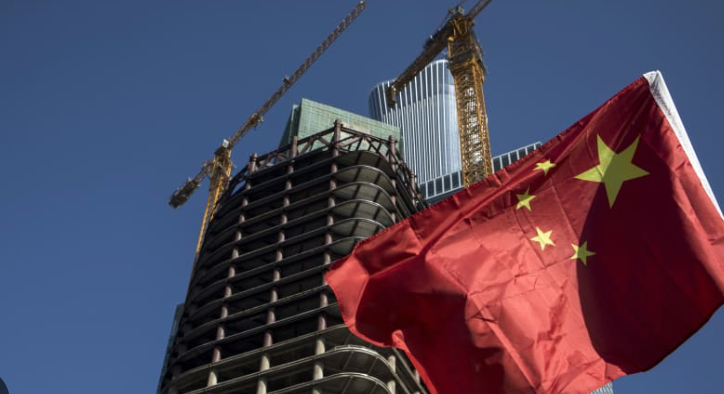$TCEHY $300750.SZ $QQQ
#Tencent #CATL #PentagonBlacklist #ChineseMilitaryCompanies #EVBattery #TechStocks #ChinaUSRelations #StockMarketNews #Investment #GlobalMarkets #Geopolitics #EconomicImpact
Tencent Holdings, one of China’s most prominent technology conglomerates, and CATL, the world’s largest electric vehicle (EV) battery maker, have pushed back against their recent inclusion on the U.S. Department of Defense’s blacklist of Chinese military companies. Both firms have declared their designation as “mistaken” and are reportedly considering legal avenues to contest the classification. Their inclusion is part of a larger effort by U.S. policymakers to limit access to technologies and operations that they claim bolster Chinese military capabilities. However, both firms have stated that they have no direct ties to military entities in China.
The designation carries significant repercussions, ranging from limiting U.S. investments in these companies to further straining China-U.S. relations. Tencent ($TCEHY) is a vital player in the global technology and gaming sectors, while CATL ($300750.SZ) dominates the global EV battery supply chain, serving major automakers like Tesla and BMW. This move could discourage institutional investors in the U.S. or foreign markets who may fear secondary impacts or sanctions resulting from such designations. On Friday, Tencent saw a dip in its share price during Hong Kong trading, while CATL’s Shenzhen-listed stock also saw moderate downward pressure, reflecting growing investor uncertainty.
Market watchers are concerned about the broader implications of this ongoing escalation between the U.S. and China. With both Tencent and CATL serving as key indicators of China’s critical industries—technology and renewable energy—this development may have ripple effects across global markets. For instance, the broader tech-heavy Nasdaq Composite ($QQQ), which tracks a number of Chinese-listed ADRs in the U.S., could experience increased fluctuations as geopolitical risks heighten. If legal proceedings escalate, investors may witness further share price volatility. On a macroeconomic level, the move could intensify supply chain disruptions, particularly in the EV market, as CATL remains a critical supplier in the push for global automotive electrification.
This latest designation also underscores the growing financial divide between Beijing and Washington. While Beijing has vowed to protect its companies on international platforms, U.S. regulators appear resolute in tightening economic restrictions on entities with alleged military ties. Analysts suggest that companies like Tencent and CATL could face increased scrutiny from not only U.S. but also European and Asian trading cohorts. On the flip side, some market players view these tensions as long-term opportunities for diversification away from heavily exposed Chinese equities, prompting shifts toward emerging markets elsewhere. As legal disputes unfold, investors should keep an eye on how these developments impact U.S.-China trade dynamics and whether the Biden administration leverages this move for additional sanctions or diplomatic pressure.







Comments are closed.